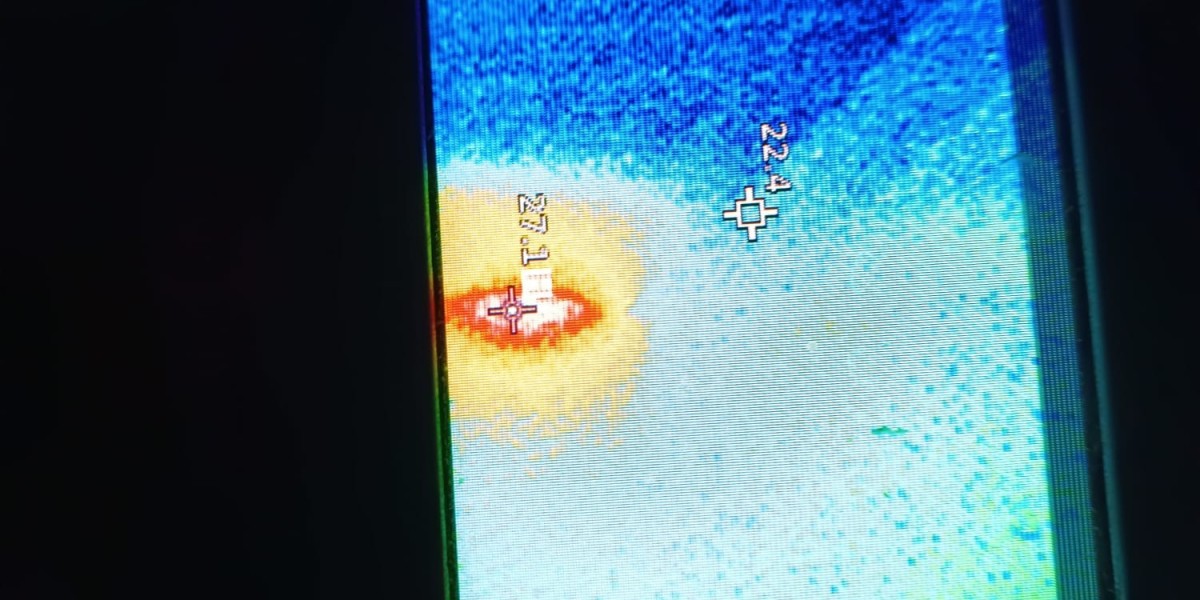Attention Deficit Hyperactivity Disorder (ADHD) is a neurodevelopmental disorder that affects both children and adults. The ADHD diagnosis process can be complex, involving multiple steps and various professionals. This article aims to provide a comprehensive overview of what to expect during the evaluation and treatment phases.

What is ADHD?
ADHD is characterized by symptoms such as inattention, hyperactivity, and impulsivity. These symptoms can significantly impact daily functioning and quality of life. Understanding the nuances of ADHD is crucial for accurate diagnosis and effective treatment.
The ADHD Diagnosis Process
The ADHD diagnosis process typically involves several key steps:
- Initial Consultation: A healthcare provider will conduct an initial assessment, often including a detailed history of the individual's behavior and symptoms.
- Standardized Questionnaires: Various questionnaires may be used to evaluate symptoms and their severity. These tools help in gathering consistent data.
- Behavioral Observations: Observations in different settings, such as home and school, can provide valuable insights into the individual's behavior.
- Collaboration with Other Professionals: Input from teachers, family members, and other professionals can enhance the accuracy of the diagnosis.
Symptoms and Criteria for ADHD Diagnosis
To receive an ADHD diagnosis, individuals must meet specific criteria outlined in the Diagnostic and Statistical Manual of Mental Disorders (DSM-5). Symptoms are categorized into two main types:
- Inattention: Difficulty sustaining attention, forgetfulness, and disorganization.
- Hyperactivity and Impulsivity: Fidgeting, interrupting others, and difficulty remaining seated.
It is essential to note that symptoms must be present for at least six months and must interfere with daily functioning.
Treatment Options Following an ADHD Diagnosis
Once an ADHD diagnosis is confirmed, various treatment options are available. These may include:
- Medication: Stimulants and non-stimulants can help manage symptoms effectively.
- Therapy: Behavioral therapy, cognitive-behavioral therapy (CBT), and psychoeducation can provide support and coping strategies.
- Support Groups: Connecting with others facing similar challenges can be beneficial for both individuals and families.
For more detailed information on how a psychiatrist diagnoses and treats adult ADHD, visit this link.
Conclusion
Understanding the ADHD diagnosis process is vital for individuals seeking help. By knowing what to expect during evaluation and treatment, individuals can navigate their journey with greater confidence. If you suspect that you or a loved one may have ADHD, consider reaching out to a healthcare professional for a comprehensive evaluation.






